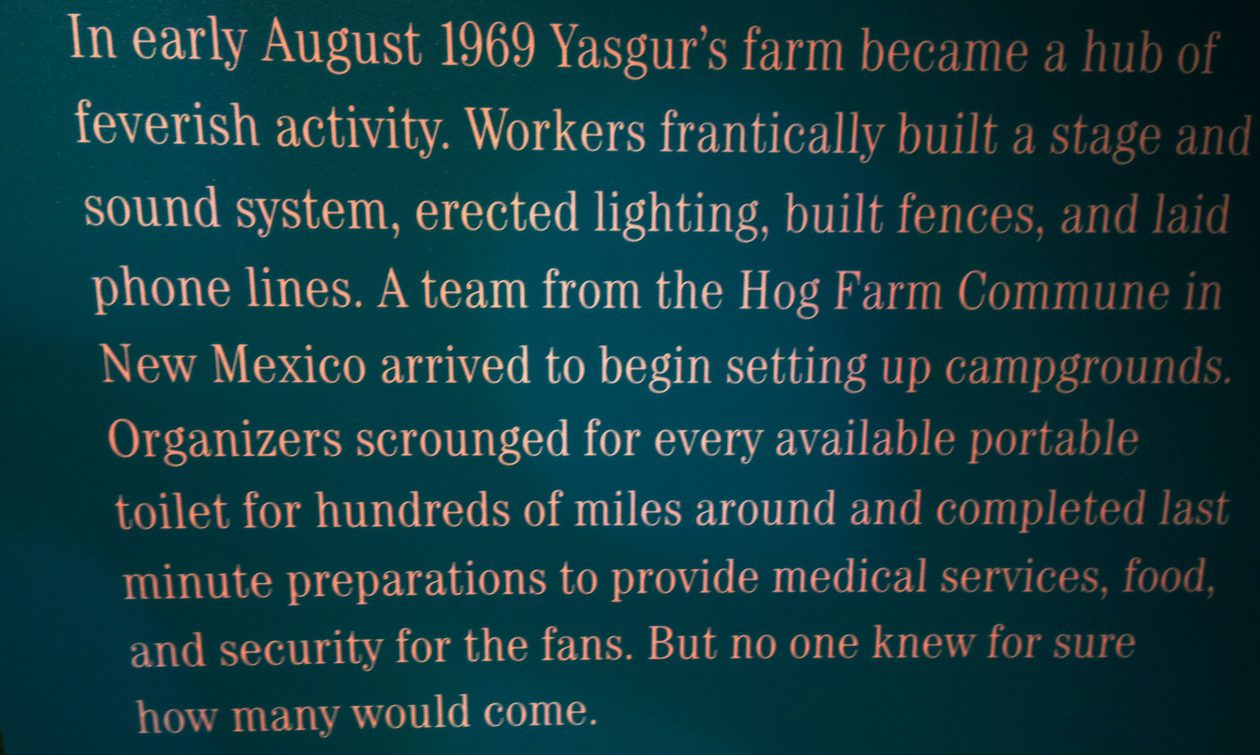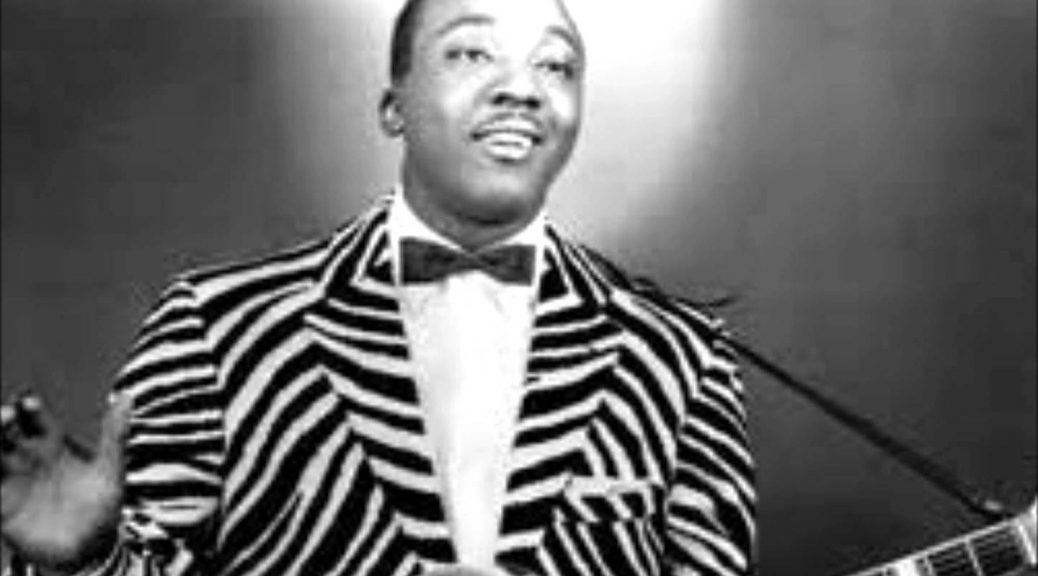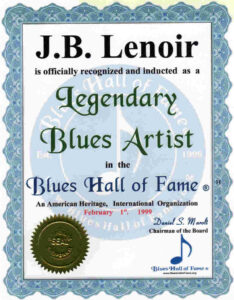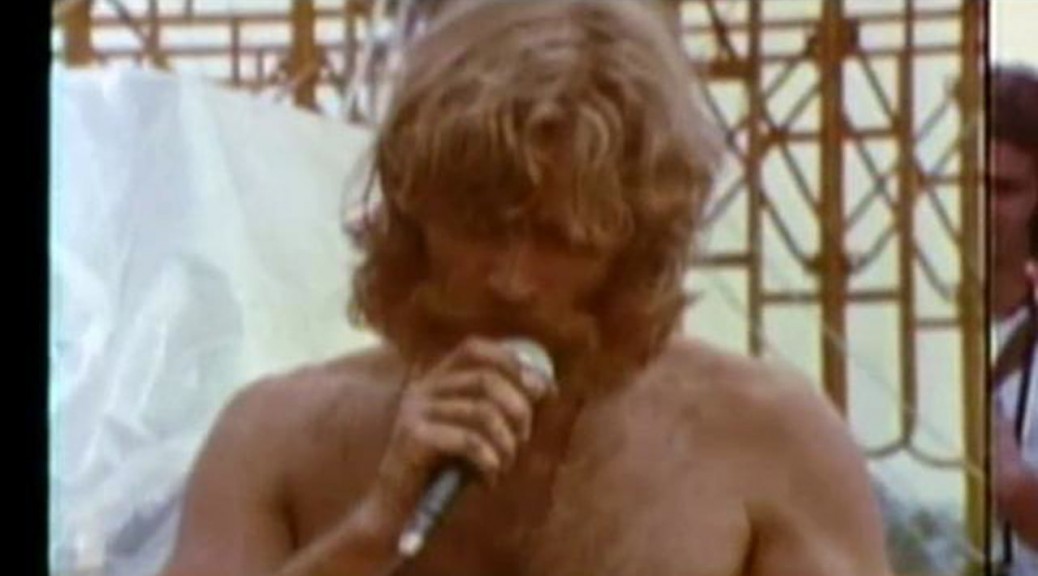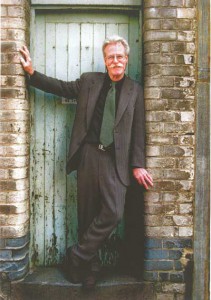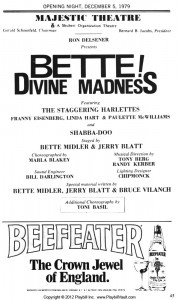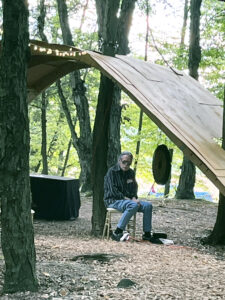Blues Activist JB Lenoir
5 March 1929 – 29 April 1967
JB Lenoir was born in Monticello, Mississippi. Before moving to Chicago and its musical influences in 1949, Lenoir had New Orleans’s musical cauldron to simmer in.
When he moved to Chicago he met Big Bill Broonzy who introduced Lenoir to the that town’s amazing blues scene.
“Born Dead”
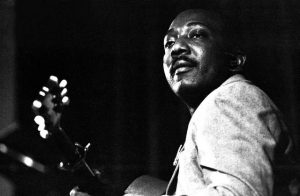
Korean Blues
We typically don’t associate the blues with protest music (unless we expand the definition of blues to mean just that…and in some ways that would be an easy expansion). JB Lenoir was occasionally a blues protest musician.
In the early 50s he wrote “Korean Blues.” Bordering on a protest song, JB Lanior’s high-pitched vocals fooled some to think it was a woman’s. The song is a straightforward statement of concern about his future in Korea as well as his woman’s future without him.
Lord I got my questionnaire, Uncle Sam’s gonna send me away from here
He said J. B. you know that I need you, Lord I need you in South Korea
Sweetheart please don’t you worry, I just begin to fly in the air
I just sittin’ here wonderin’, who you gonna let lay down in my bed
What hurt me so bad, think about some man has gone in your bed.
Blues Activist JB Lenoir
Eisenhower Blues
It was Lanoir’s “Eisenhower Blues” that caused a bit of a rumpus. Parrot Records, his label at the time, had to re-record the song and substitute the lyrics “tax-paying” instead of “Eisenhower.” Here’s the “controversial” original:
Hey everybody, I was talkin' to you
I ain't tellin' you jivin', this is the natural truth
I got them Eisenhower blues
Thinkin' about me and you, what on earth are we gonna do?
My money's gone, my fun is gone
The way things look, how can I be here long?
I got them Eisenhower blues
Thinkin' about me and you, what on earth are we gonna do?
Taken all my money, to pay the tax
I'm only givin' you people, the natural facts
I only tellin' you people, my belief
Because I am headed straight, on relief
I got them Eisenhower blues
Thinkin' about me and you, what on earth are we gonna do?
Ain't go a dime, ain't even got a cent
I don't even have no money, to pay my rent
My baby needs some clothes, she needs some shoes
Peoples I don't know what, I'm gonna do
I got them Eisenhower blues
Thinkin' about me and you, what on earth are we gonna do?
Blues Activist JB Lenoir
Vietnam Blues
He continued to sporadically release music and before his death [following a poor treatment from a car accident injuries] Lanoir released “Vietnam Blues.” It is a song lost among the dozens of songs written during that time protesting that war. It is powerful and important, nonetheless.
Vietnam Vietnam, everybody cryin' about Vietnam
Vietnam Vietnam, everybody cryin' about Vietnam
The law all the days [?] killing me down in Mississippi, nobody seems to give a damn
Oh God if you can hear my prayer now, please help my brothers over in Vietnam
Oh God if you can hear my prayer now, please help my brothers over in Vietnam
The poor boys fightin', killin' and hidin' all in holes,
Maybe killin' their own brother, they do not know
Mister President you always cry about peace, but you must clean up your house before you leave
Oh how you cry about peace, but you must clean up your house before you leave
How can you tell the world how we need peace, and you still mistreat and killin' poor me.
In 1965, he performed in the annual American Folk Blues Festival that toured Europe with top acts that were more popular in Europe than in the performers own USA.
In 2011, Lenoir was inducted into the Blues Hall of Fame.
- Related link >>> All About Jazz article
- Related link >>> Wikipedia entry
- Related link >>> All Music piece
